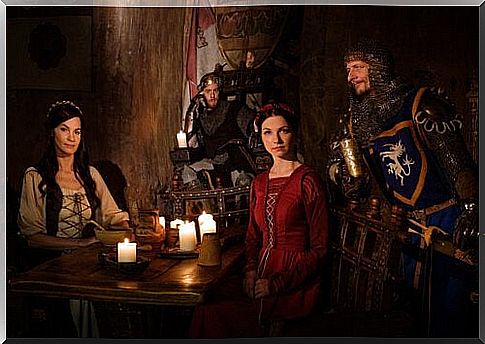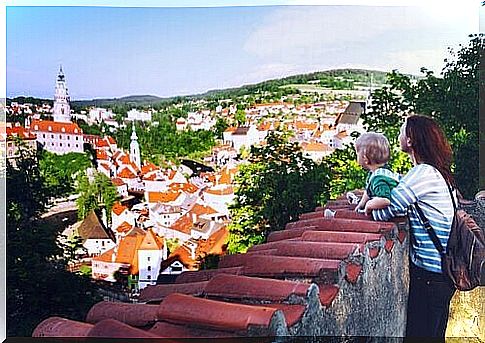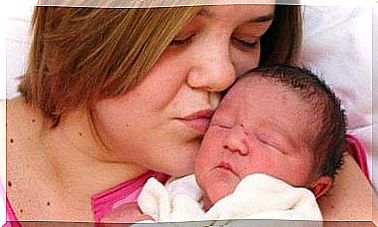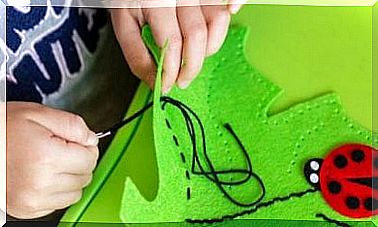Where Does The Last Name Come From? – Being Parents

Some people believe that the way people call themselves defines a lot of things. A family name denotes a certain root, a story. The last name is a kind of card from the past and allows you to better position yourself in the world.
What is the history of the Spanish surname?
Human beings are looking for ways to identify themselves. “I am the son of X”, “I come from”, etc. are some of the formulas we use to introduce ourselves. It’s a convenient way to describe ourselves.
People need to stand out from the crowd. If human beings did not have a surname, identification would be completely impossible.
There was a time when the world’s population and communities were much smaller. At that time, we did not use surnames because people knew each other because of the proximity of their place of life. At the time we only used one name. In the Middle Ages, this need then changed.
Life in society has allowed a great growth of the population and, in this perspective, it was necessary to distinguish one from the other. In the case of nobility and high positions, this was extremely important because it allowed the legitimacy of the position and the extent of the power conferred to be ratified.
The noble ones
You could found or build a dynasty on the surname. The surname could even be that of a conquered territory. In this way, the nobles showed that they had annexed a territory. Later, these nobles gave these names to other inhabitants of a city.

The conquests
When feudal lords or monarchies discovered or conquered new territories, they imposed surnames on the locals. This practice also extended to slaves. When the exchanges between the different cultures of the world multiplied, the last names were translated into several languages.
In other cases, these surnames, in addition to being translated, have undergone many modifications and variations. The range of surnames then expanded. This was done in order not to point out the difference and not to be discriminated against.
Family names do not originate in one place, but spontaneously or when a kingdom has conquered another. The surnames corresponded to the person’s place of origin, rank or distinctive physical characteristics.
The different types of last name
A surname – for its origin – can be of different types. So you can distinguish, for example, the following types of surnames:
1. The surnames
These surnames result from a derivation of a proper name. This surname can come from the proper name of the feudal lord or the father. Today, the custom of naming using first names has continued in countries such as Russia and other Slavic countries.
2. Toponyms
A surname is toponymic when it appears as part of a derivation of the name of a place. In the Spanish case, these can be characteristic surnames such as Madrid or Valencia. Geographical origin is the determining factor in this type of surname.

Among these surnames, a distinction should be made between major and minor toponymic surnames. The former refer, as we have already said, to cities. The seconds are very specific places like a river, a wall, a gate, etc.
3. Geographical indications
This type of name is related to place names. Although they maintain a geographic relationship, ethnicity carries more weight. Some examples can be Argentinian, Basque and Catalan.
4. Theological names
A theological surname refers to a deity. In this area, there are many examples to report: De María, Santa Cruz, Bautista, San Martín, among many others.
Last names that showcase luck or seek to tie in with it are also very close to it. Normally, they are related to Christian religious elements. In this way, we find a metaphysical aspect in these references.
5. Names of animals and other elements
This type of surname takes an important animal as its distinctive element. On the other hand, it can also have a direct link with the work of the person who started to use it (Herrera (blacksmith), Pastor (shepherd), Monje (monk), Sacristán (sacristan), among others). Some examples with animals are:
- Palomares (Pigeon)
- Gaviota (Seagull)
- Cordero (Lamb)
- Becerra (Veal)
- Leon (Leo)
- Flores (Flowers)
- Rosales (Roses)
- Ramos (Branches)
- Del Rosa (from the Rose)
- Del Toro (from Taurus)
- Delfin (Dauphin)
- Aguilar (Eagle)
6. The physical and the last name
These names are among those that refer to the physical characteristics of a family member. Well-known surnames like: Delgado (skinny), Feo (ugly), Corredor (runner), Barriga (pot-bellied) and Grande (tall) are some of them.
Another type of characteristic emerges as well, as in the case of surnames such as: Rubio (blond) and Moreno (brown).
Also among the types of names mentioned above, there is a larger set. These are the ones that refer to the month of birth, as can surnames such as Abril (April) and Marzo (March).
Other surnames may refer to family ties : Niño de Guzmán (Son of Guzman) fits into this figure guy. The origin of surnames has a thousand stories and origins.









